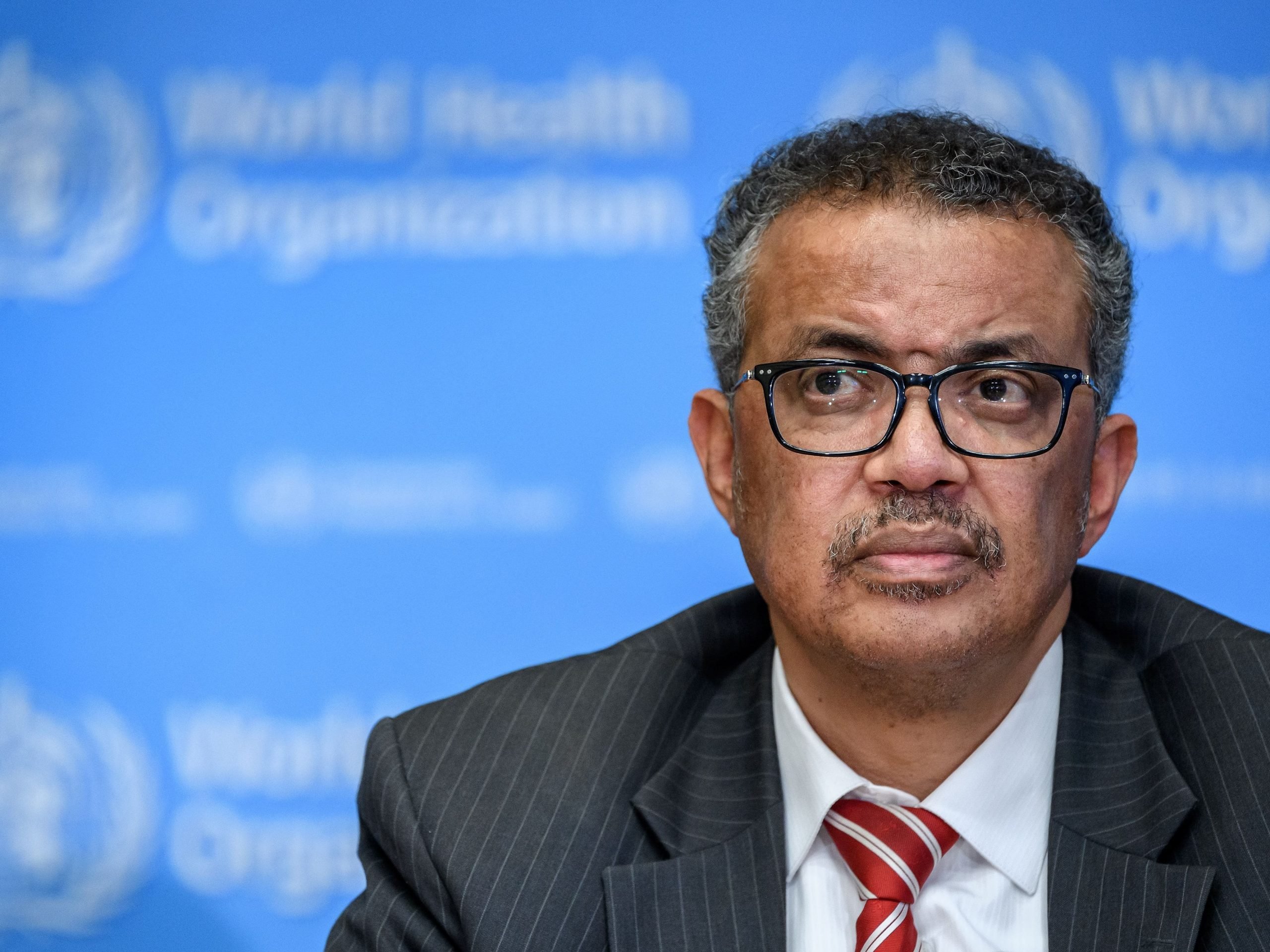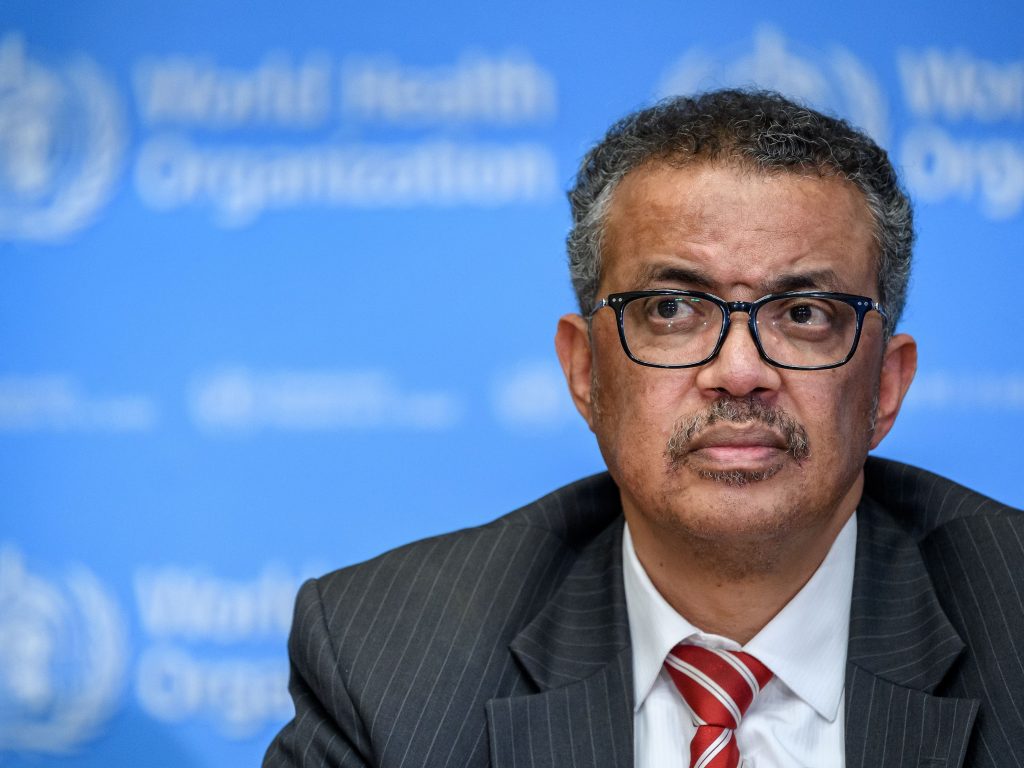
Fabrice Coffrini / AFP via Getty Images
- A top WHO official said Monday not to pursue COVID vaccine booster shots, citing lack of evidence.
- Some countries with advanced vaccine programs are considering a third-dose strategy.
- Meanwhile, billions of people around the world have been unable to access a first dose.
- See more stories on Insider's business page.
The world will look back "in shame" at countries pursuing booster doses for COVID-19 vaccines while other nations are still unable to shield their most vulnerable, World Health Organization (WHO) officials said on Monday.
"The priority now must be to vaccinate those who have received no doses and protection," Dr. Tedros Adhanom Ghebreyesus, WHO Director-General, said at a press briefing.
Richer nations are ordering millions of booster doses before other countries have been able to vaccinate their health workers and most vulnerable, he said.
That is in spite of there being "no scientific evidence" that booster doses are needed at this time, according to Dr Soumya Swaminathan, the WHO chief scientist.
"It may well be that you need boosters after one year or two years, but at this point after 6 months after the primary dose, there doesn't seem to be any indication," she said.
Recommendations to move forward with a booster dose have "to be based on science and data, not on individual companies declaring that their vaccines should now be administered as a booster dose," she said.
Swaminathan's remarks came as Pfizer worked to gain approval for a booster shot of its vaccine in the US.
However, the US is a "long way" from making a decision on booster shots, said Dr. Anthony Fauci, the White House chief medical advisor, after a meeting with Pfizer.
Four countries have announced a booster program, and a few more are considering moving forward with boosters, Swaminathan said.
This includes Israel, which on Monday started administering booster doses to immunocompromised people. The UK has also said it is considering using booster doses in the fall.
Both nations have had swift and successful rollouts, making them among the best-protected nations in the world. They were able to pay high rates and leverage relationships with suppliers which smaller nations cannot.
According to Our World in Data, only 1% of people in low-income countries have been given even a single dose of vaccine. Some countries such as Papua New Guinea, Congo, Chad, have vaccinated fewer than 0.1% of their population, per figures compiled by The New York Times.
Singling out Moderna and Pfizer, Tedros said manufacturers should channel their limited supplies into vaccine-sharing programs like COVAX, rather than prioritizing supply for boosters.
Dr Michael Ryan, the WHO emergencies chief, said the world would look back "in anger" and "in shame" if the limited supply went to booster doses.
Tedros called out the "greed" driving the disparity in vaccine supply.
"We're in the midst of a growing two-track pandemic where the haves and have-nots within and between countries are increasingly divergent," he said
